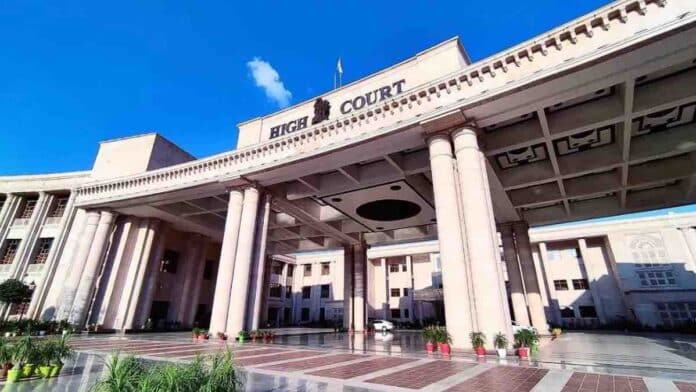In a significant ruling, the Allahabad High Court, on October 4, 2024, acknowledged the potential damage caused by defamatory posts on social media and granted interim relief in favor of Awanish Kumar Awasthi, the petitioner, in the case of MATTERS UNDER ARTICLE 227 No. – 4836 of 2024. The court restrained the respondent, Dr. Nutan

To Read More Please Subscribe to VIP Membership for Unlimited Access to All the Articles, Download Available Copies of Judgments/Order, Acess to Central/State Bare Acts, Advertisement Free Content, Access to More than 4000 Legal Drafts( Readymade Editable Formats of Suits, Petitions, Writs, Legal Notices, Divorce Petitions, 138 Notices, Bail Applications etc.) in Hindi and English.
Click to Subscribe
If you are already a VIP Member, Click to Login Now
READ ALSO हलफनामे पर शिकायत दर्ज करने के लिए आवश्यक सरकारी आदेश अनिवार्य नहीं हैं: इलाहाबाद हाईकोर्ट




